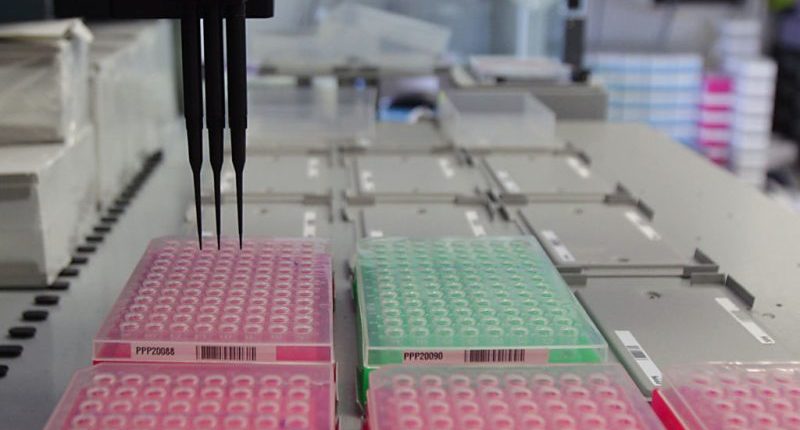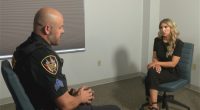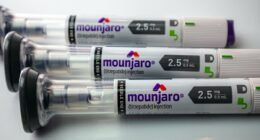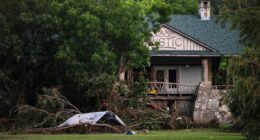Share this @internewscast.com

SALEM, Ill. (KTVI) A body was exhumed in Salem, Illinois, on Thursday in hopes of identifying the remains of a train wreck victim who died in 1971.
“It’s one of those things you remember, like the Kennedy assassination or the Challenger. I remember exactly when that was,” longtime Salem resident Jim Koehler said.
On June 10, 1971, an Amtrak train going from Chicago to New Orleans derailed just a few miles away from Salem. Eleven people died, and 163 others were injured.
“One of the people’s bodies was so badly torn up from the wreck that the local authorities at the time were just not able to identify them,” Salem native Henry Morton said.
Salem buried the unidentified person in its cemetery, and the remains have rested there ever since.
Koehler remembers being at the car wash when news of the derailment broke over the radio.
“The high school was used as a triage center, and for that time in 1971, I think the city of Salem did a great job of handling that situation,” he said.
Koehler sits on the city’s historical commission alongside commission president Myron Lloyd, who went to the cemetery Thursday to watch the exhumation.
“Why didn’t I think of this 50 years ago? Why didn’t any of us? It was a different lifetime,” Lloyd said excitedly.
Back then, some DNA testing was not possible, but times have changed. So Morton, a Mizzou journalism student, contacted the non-profit DNA Doe Project. Through its efforts, the DNA Doe Project has solved numerous John Doe cases using DNA testing, including investigative genetic genealogy.
“This person here, they lost their identity in that wreck, and we want to give that back to them,” Morton said.
Morton has been digging for months, getting approval and organizing for this moment. Although DNA test results are still months away, Salem is closer than ever to getting answers.
“I really want to put this thing to rest and settle this mystery and bring closure to this family that’s out there somewhere,” Morton said.
After being exhumed, the body was taken to a vault and will eventually be transferred to the coroner’s office for sampling.










